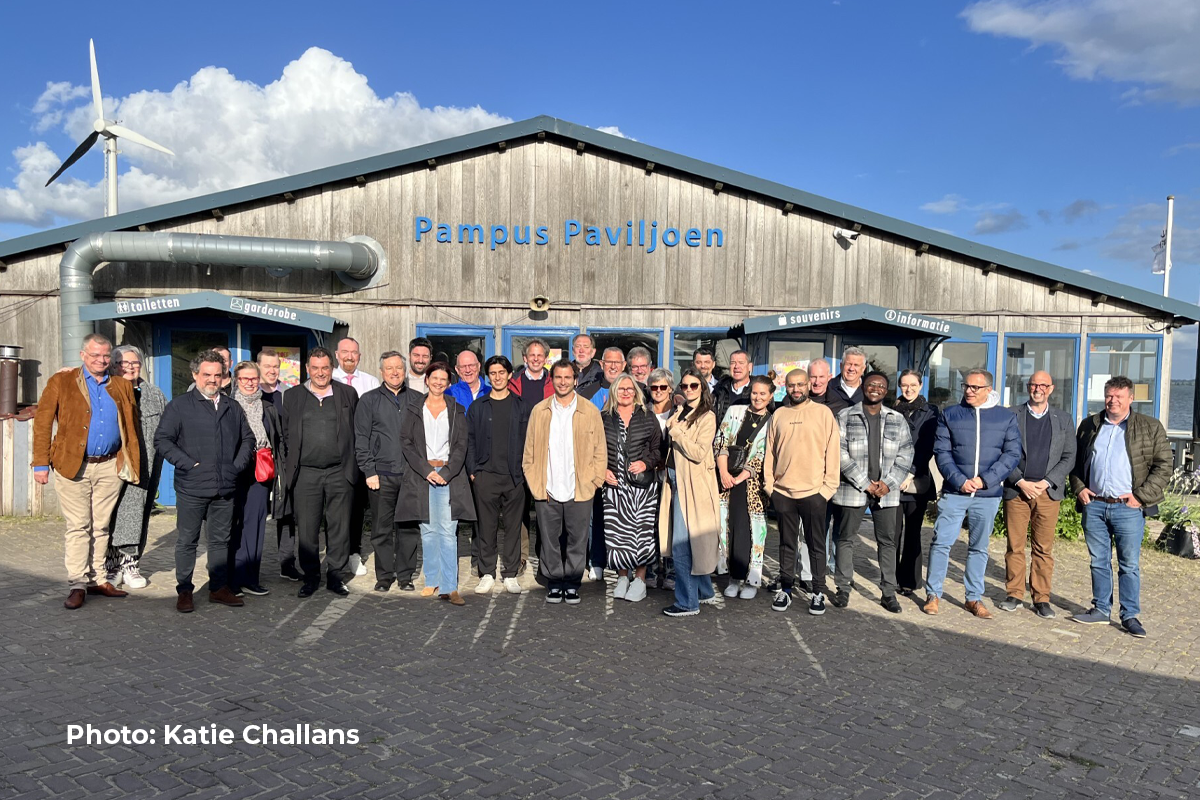
Insights from ERTA 2025: A Sector at a Crossroads
As platforms consolidate power, Europe’s taxi industry must decide: compete together, or fall apart alone.
Earlier this month, our CEO Matthew Bezzina was invited to speak at the European Taxi Radio Association (ERTA) annual conference, a closed-door forum for taxi operators across Europe. Representing eCabs Malta, powered by eCabs Technologies, Matthew joined industry peers for three days of working sessions, including structured country reports, general discussions, and roundtables on the future of the sector.
As always, the agenda covered a wide range of operational and strategic topics, from the integration of taxis into broader public mobility systems, to the growing role of AI in fleet management, and the accelerating shift toward electric vehicles. But running beneath all of it was a more urgent undercurrent: fragmentation.
It became clear that the sector’s biggest weakness today is not a lack of demand, nor even a lack of technology. It’s the absence of unified direction. And platform players are capitalising on that. Uber, Bolt, and now Lyft are embedding themselves more deeply into the market, not just by competing with taxi operators, but by absorbing them. From hybrid app-based taxi offerings to outright acquisitions and targeted lobbying, their strategy is clear: divide, then dominate.
The shift is striking. Where once these platforms relied on aggressive subsidies and incentive schemes to buy market share, they’re now advancing through consolidation. In a fragmented industry, acquisition is faster, cleaner, and far more scalable. Just this week, Uber acquired Denmark’s largest taxi firm, DanTaxi, a move that positions Uber not as an outsider, but as infrastructure. In March, Bolt’s acquisition of Viggo marked another step in the same direction.
The generational and structural rifts were palpable: between taxis and PHVs, between traditionalists and digital-first operators. Some attendees see the platforms as a threat to resist. Others view them as partners in a new reality. That divergence, and the lack of collective response it enables, is exactly what platform players rely on.
These conversations sparked important questions we’ll be exploring more deeply in the weeks to come. Our upcoming blog posts will take deeper looks at how fragmentation is being fueled (by design) and what legacy operators must do to push back. Because while platforms operate with clarity and cohesion, Europe’s taxi sector is still arriving with scattered responses. Events like ERTA 2025 are vital, not just to exchange updates, but to hold a mirror up to the industry. Legacy operators must ask hard questions, build common ground, and act with strategic clarity.
We were proud to contribute to this year’s conference and will continue bringing the on-the-ground perspective of eCabs Malta, one of the most active players in regulated urban mobility, to the wider industry. As fragmentation deepens and the market shifts, our experience, observations, and technology-led approach remain focused on helping operators across Europe adapt, align, and advance.




